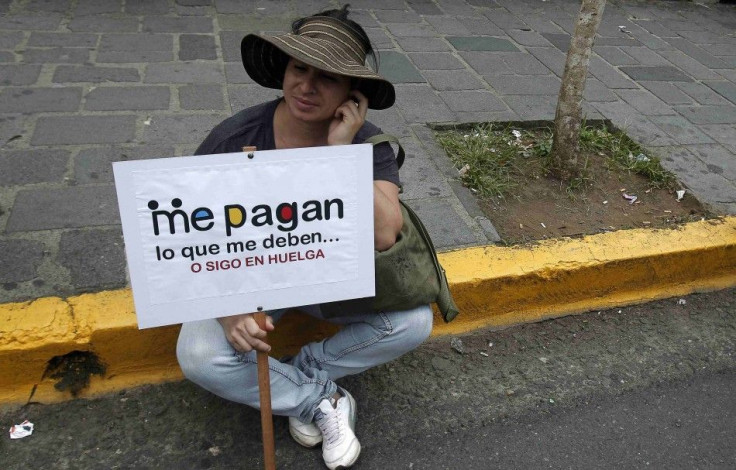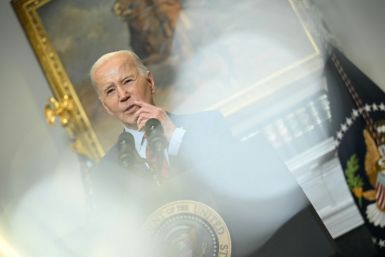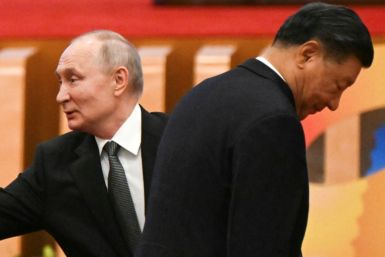New Zealand Teachers Union Rejects Government’s Education Plan

The biggest Teachers Union in New Zealand ((NZEI) has rejected the Government's $359 million education policy.
The Stuff Co report said that the NZEI is claiming 93 per cent of its teachers and principals have expressed "no confidence" on the policy and have fears that it would scupper Government's Investments in Educational Success plans.
The policy was announced in January. Interestingly, minutes before NZEI's announcement came, the Minister for Education announced the a Memorandum of Understanding (MoU) with a number of principals from other organisations across the country.
Minister's Comment
The IES, or Investing in Educational Success, entails schools collaborating in groups, new teaching and leadership roles and a teacher-led innovation fund.
Minister of Education Hekia Parata said details were "freely available to the level it has been developed so far. The reason why it can't be said definitively is because the consulting is on with the very people we want to consult," she said.
Recommendations from a sector working group - including teacher unions, schooling levels and ethnic groups had been at work since May.
NZEI President Judith Nowotarski said more than 25,000 members of his organisation voted on the policy. They were asked whether they wanted to reject the proposal outright or want to change the policy through negotiations. About 73 per cent voted to reject it outright.
The leader of the Teachers Union, Nowotarski, pointed out that the policy looks very generic and is in a top down structure. The policy was launched proposed without involving schools or parents. It shows no evidence that the proposed new model will boost student learning.
The rejection of the policy by NZEI has virtually made it off the negotiation table in the ongoing sector consultation. Nowotarski said when the biggest part of the sector has said no to the policy, moving ahead will not be easy..
For a New Start
NZEI will now lobby with the government to start the process from scratch and consult the profession and parents to prepare the roadmap for spending the $359 million to really benefit the children.
Labour education spokesman Chris Hipkins alleged that the policy is dead now after the biggest stake holder has rejected it.






